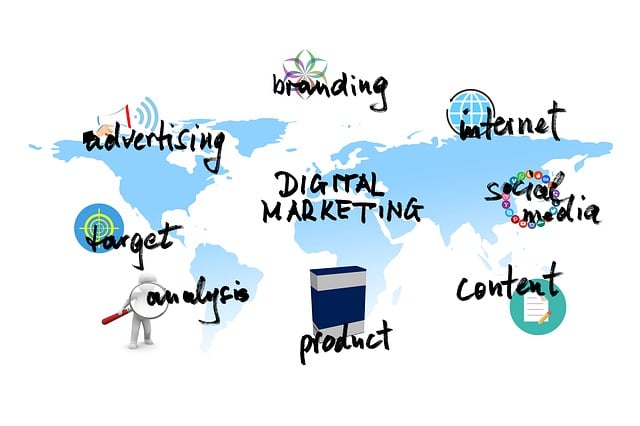AI-powered neighborhood noise mapping is transforming urban analysis by creating detailed soundscapes that reveal environmental audiosignatures. This non-intrusive method studies resident behaviors, social dynamics, and community engagement, providing valuable insights for better urban planning. By identifying patterns in gatherings and traffic flow, these tools enhance quality of life and foster stronger communities. In addition, AI mobile homes enable data-driven optimization of park design and amenities based on residents' routines and preferences, ensuring a satisfying living experience. AI has the potential to revolutionize cities by managing noise pollution, optimizing resources, reducing waste, and enhancing transportation planning for quieter, more sustainable urban environments.
“Explore the transformative potential of AI in reshaping urban living with our comprehensive analysis of AI mobile home resident behavior. From ‘Unlocking Neighborhood Dynamics’ through innovative AI-powered noise mapping techniques, to ‘Data-driven Insights’ on understanding resident preferences, this article delves into practical applications and future perspectives. Discover how these advancements enhance community interactions and urban design, marking a new era in smart cities.”
- Unlocking Neighborhood Dynamics: AI-powered Noise Mapping Techniques
- Data-driven Insights: Analyzing Resident Behavior and Preferences
- Enhancing Urban Living: Practical Applications and Future Perspectives
Unlocking Neighborhood Dynamics: AI-powered Noise Mapping Techniques

AI-powered noise mapping techniques are transforming how we understand and analyze neighborhood dynamics. By leveraging advanced algorithms, researchers can create detailed soundscapes that capture the unique auditory patterns of various environments. This data offers a non-intrusive way to study resident behavior, social interactions, and community engagement within mobile home parks or other residential areas.
These noise mapping tools enable a deeper exploration of neighborhood life, from identifying common activities like gatherings and parties to understanding traffic flow and safety concerns. The insights gained can inform better urban planning, enhance resident well-being, and foster more connected communities.
Data-driven Insights: Analyzing Resident Behavior and Preferences

AI mobile homes offer a unique opportunity to gain data-driven insights into resident behavior and preferences. By leveraging advanced algorithms, developers can analyze various aspects of daily routines, interactions, and environmental factors within AI-powered neighborhood noise mapping systems. This includes tracking movement patterns, understanding social dynamics through communication analysis, and identifying personal preferences in common spaces.
Through such analyses, community managers gain valuable knowledge about resident needs and desires. For example, AI might reveal peak activity times in shared areas, highlight popular gathering spots, or uncover specific noise levels that disrupt peaceful moments. Armed with these insights, developers can optimize the design of mobile home parks, enhance amenities, and foster a more inclusive and satisfying living environment.
Enhancing Urban Living: Practical Applications and Future Perspectives

AI has the potential to revolutionize urban living by providing innovative solutions for managing and improving urban spaces, especially in dense residential areas. One practical application is AI-powered neighborhood noise mapping, which can help residents understand and mitigate noise pollution levels. By analyzing patterns in real-time, this technology enables better decision-making regarding noise abatement measures, ensuring a quieter and more peaceful environment.
Looking ahead, the future of AI in urban settings offers exciting possibilities for enhancing quality of life. These advancements could lead to smarter cities where resources are optimized, and community interactions are improved. For instance, AI algorithms can assist in managing energy consumption, waste reduction, and efficient transportation planning, creating a more sustainable and livable urban environment for mobile home residents and beyond.
AI-powered neighborhood noise mapping techniques are transforming urban living by providing data-driven insights into resident behavior and preferences. This innovative approach, as demonstrated in our exploration of AI mobile homes, offers practical applications that enhance community dynamics and urban planning. By analyzing noise levels and patterns, we can create more livable, vibrant neighborhoods tailored to residents’ needs. As we look towards the future, these technologies will play a pivotal role in shaping smarter, more sustainable cities, ensuring better quality of life for all urban dwellers.
